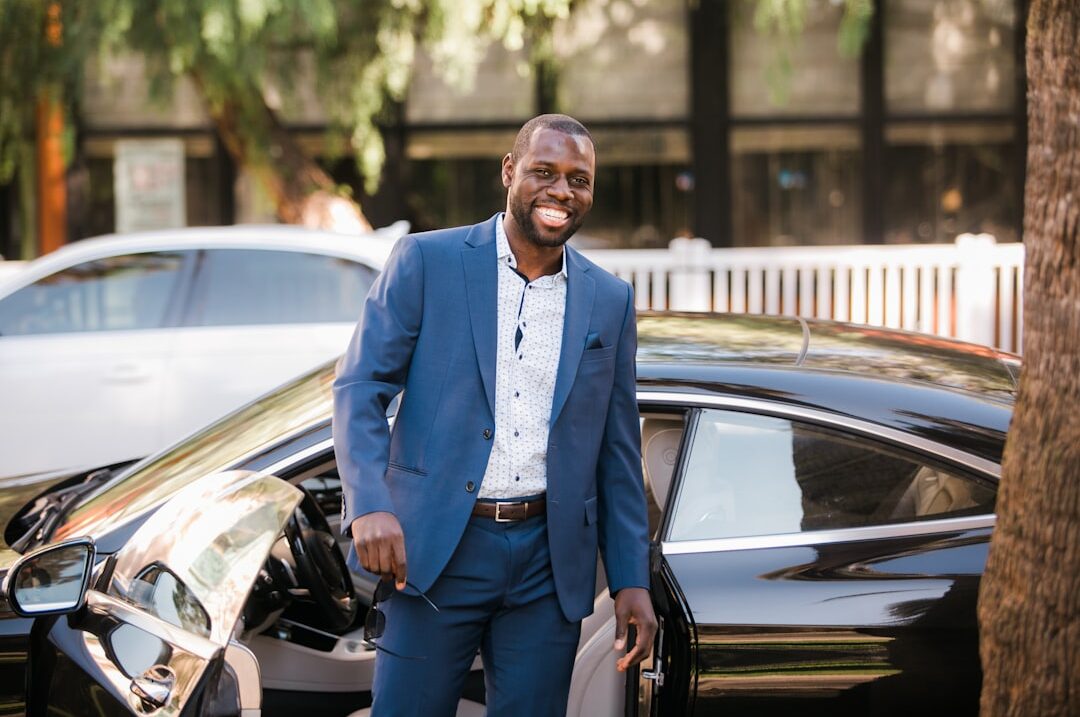Master Interview Communication Skills in 2025: AI-Powered Practice & Proven Tips


Ace Your Next Interview with AI-Powered Practice 🎯
Ready to practice unlimited interview questions and get instant, actionable AI feedback? Start your free mock interview now with Huru and step into your next opportunity with unshakeable confidence!
Why Communication Skills Aren’t Optional in Interviews
Communication skills are the backbone of success in any job interview. They’re not just about talking—they’re about connecting, persuading, and inspiring confidence in your potential employer. Research consistently shows that effective communicators are more likely to secure job offers, regardless of industry.
- First Impressions Matter: Within seconds, your communication style shapes how an interviewer perceives your professionalism and fit.
- Beyond Words: Employers evaluate your listening, body language, and ability to simplify complex ideas.
- Core Skill: In surveys, hiring managers list communication as the most sought-after soft skill across roles.
Ready to master this skill? Let’s dive into the practical strategies that will help you present with impact—and stand out from the crowd.
💡 Key Takeaway
Communication isn’t just about what you say—it’s about how you say it. Mastering both verbal and nonverbal cues can set you apart in the interview process.
Crafting Your Narrative: How to Tell Your Story with Clarity
Every interview is a chance to share your unique journey. But rambling or vague answers can undermine your credibility. Instead:
- Use the STAR Method (Situation, Task, Action, Result) to structure your responses for maximum clarity.
- Tailor your stories to the job description—show how your communication style fits the company’s needs.
- Practice makes perfect: Rehearse aloud, refining your tone and timing. Platforms like Huru allow unlimited practice with instant feedback on your communication style.
Tip: Record yourself answering common questions and review your delivery. Notice any filler words or unclear phrasing? Tweak for impact!
Mastering Nonverbal Cues: The Silent Power of Communication in Interviews
Did you know that up to 93% of communication is nonverbal? Your body language, eye contact, and gestures convey competence and confidence—often more powerfully than words can.
- Maintain open posture: Sit upright, shoulders relaxed, arms uncrossed.
- Make appropriate eye contact: It shows attentiveness and interest (but don’t stare!).
- Use hand gestures: They add emphasis and make your points memorable.
- Mirror the interviewer’s energy: This builds rapport and signals you’re a good fit for the team.

Ready to master your nonverbal communication? Practice in front of a mirror or record yourself using Huru’s AI-powered analysis and get instant suggestions to refine your presence.
Active Listening: Your Secret Weapon in Any Interview
Great communicators aren’t just articulate—they’re also excellent listeners. Demonstrating active listening does two crucial things:
- Shows respect and genuine interest in the interviewer’s perspective.
- Allows you to tailor your answers to what the employer really values.
How to demonstrate active listening:
- Nod, smile, and provide verbal cues (“That’s a great question!”)
- Paraphrase or summarize the question before answering.
- Ask clarifying questions to show you’re engaged.
Pro-tip: Use Huru’s AI-driven mock interviews to practice responding thoughtfully to questions and receive insights on your listening cues.
Handling Challenging Communication Scenarios in Interviews
Not all interviews go smoothly. You might face tough questions, misunderstandings, or even awkward silences. Here’s how to maintain your composure and keep communicating with impact:
- Pause before you answer: It’s okay to take a moment to collect your thoughts.
- Stay positive: Even when addressing failures, focus on what you learned and how you communicated through adversity.
- Ask clarifying questions: If a question is unclear, don’t guess—ask for more detail.
- Use bridging phrases: Such as “That’s a great point. Let me share a situation where…”
Want to practice tough interview scenarios? Try behavioral and crisis communication questions with these real-world examples and see how Huru’s AI gives you adaptive feedback for improvement.
💡 Key Takeaway
Handling challenging moments with calm, clear communication turns potential pitfalls into opportunities to showcase your professionalism.
Real Examples: Showcasing Communication Skills in Interview Answers
Let’s make it real with sample answers that blend verbal and nonverbal skills for maximum impact. Practice these with Huru’s interview simulator to get instant AI-powered feedback on your delivery.
| Question | Strong Communication Example |
|---|---|
| Describe a time you had to explain a complex idea to someone. | “In my last role, I needed to present a technical workflow to a non-technical audience. I broke it down using analogies, checked for understanding, and encouraged questions, ensuring everyone felt confident. I received feedback that my approachable style built trust and accelerated project adoption.” |
| How do you handle miscommunication? | “When a misunderstanding arises, I calmly restate my understanding, ask clarifying questions, and recap the agreed next steps. For example, during a team project, this approach resolved confusion and kept everyone aligned.” |
| Give an example of listening to feedback. | “I actively seek feedback by asking targeted questions and paraphrasing what I hear. In my last review, my manager noted my openness made it easy for the team to collaborate and innovate together.” |
Want more examples tailored to your industry? Explore communication interview scenarios and specialist answers for inspiration.
Common Interview Communication Pitfalls—and How to Avoid Them
Most candidates make the same mistakes when trying to impress. Here’s how to sidestep them and stand out:
- Overusing jargon: Keep your language simple and accessible—especially when interviewing with non-technical stakeholders.
- Rambling answers: Stick to the point. Structure responses and practice brevity with tools like Huru’s AI feedback.
- Ignoring body language: Check your posture, gestures, and eye contact regularly in video interviews.
- Failing to listen: Remember, interviews are two-way conversations. Pause, listen, and respond thoughtfully.
Learn more about effective messaging and pitfalls in internal communication interviews.
💡 Key Takeaway
Avoiding common pitfalls is as important as mastering your strengths. Practice, feedback, and awareness lead to confident, impactful communication every time.
Expert Video: How to Communicate Better in Interviews
Sometimes, seeing is believing! Watch this expert video for actionable communication tips and real-world examples that will help you stand out in your next interview:
For more hands-on practice, try Huru’s AI tools to rehearse your answers and get real-time feedback on both your verbal and nonverbal communication.
Frequently Asked Questions
Q: How do I highlight communication skills if I’m nervous?
Practice is key. Use mock interviews, record yourself, and get comfortable with your stories. Huru’s instant feedback helps you refine both your tone and body language until it feels natural.
Q: What if I make a mistake during my answer?
Stay calm. Pause, correct yourself if needed, and keep going. Employers notice your composure as much as your words.
Q: Can Huru help with interview communication for specific industries?
Yes! Huru’s platform offers tailored practice for dozens of roles—from tech to healthcare to communications—so you can refine your approach for every scenario.
Final Thoughts: Turning Communication Skills into Your Interview Superpower
Strong communication is more than a box to tick—it’s your bridge to opportunity and growth. Practice consistently. Get feedback. And remember, every interview is a stage to showcase your clarity, confidence, and authenticity.
For more targeted interview prep, check out these resources:
- Web Developer Interview Questions Build Your Confidence With Huru Ai
- Physical Therapist Interview Questions Get Patients Moving With Confidence
And don’t forget: Huru is your partner in mastering every aspect of interview communication—start your free practice today!
About the Author
Elias Oconnor is a seasoned content writer at Huru.ai, specializing in career development, interview strategy, and the transformative role of AI in recruitment. His mission: empower job seekers to build confidence and land roles where they can thrive.


 May 21,2025
May 21,2025  By Elias Oconnor
By Elias Oconnor